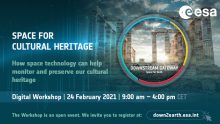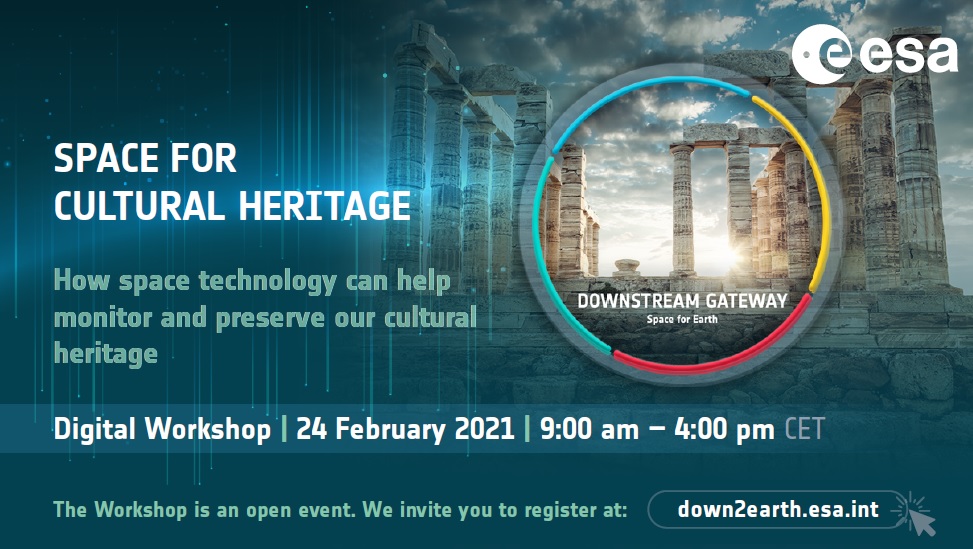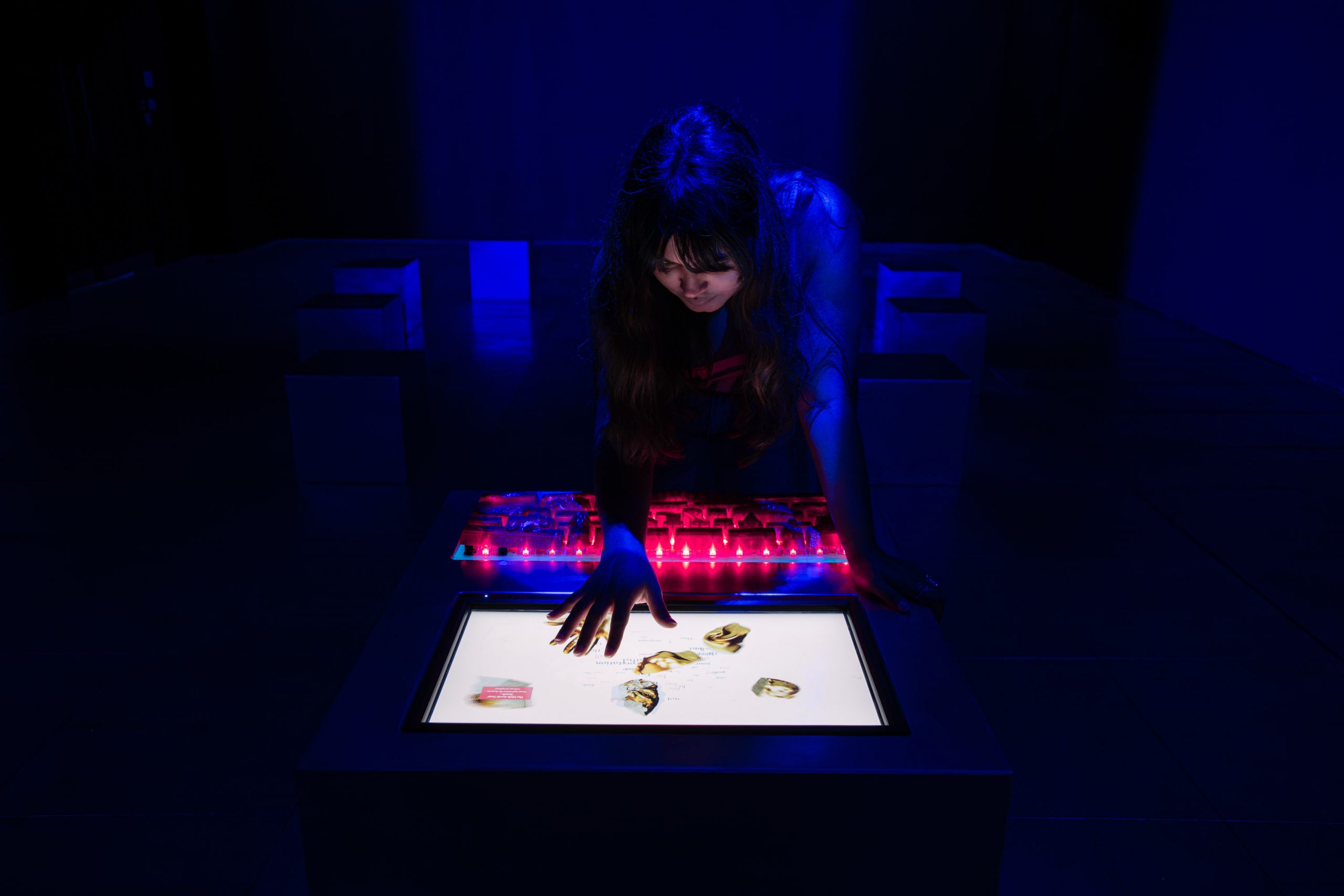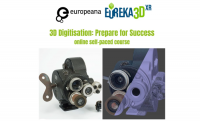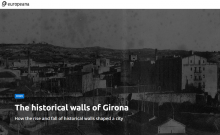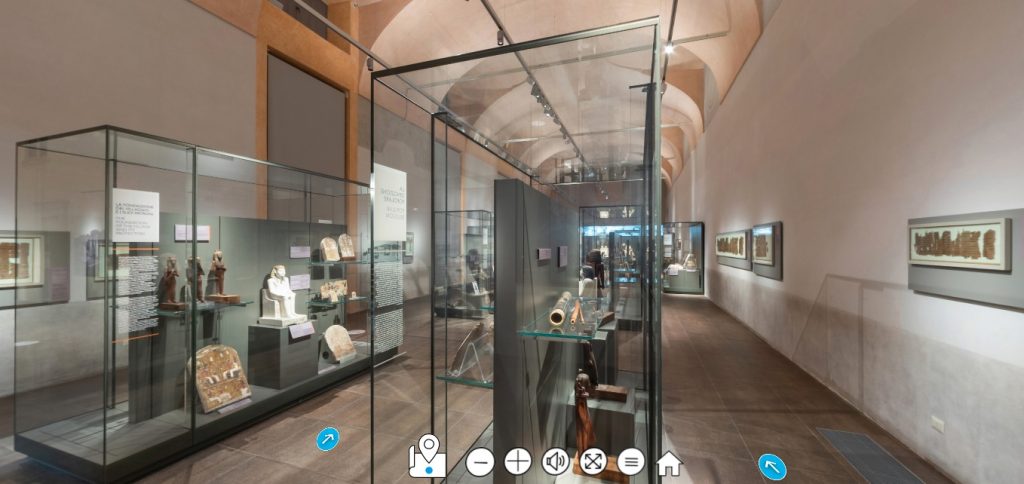
A new virtual tour is now available on the website of the Museo Egizio in Turin. It allows the public to remotely visit the most iconic sections of the collection, also including those dedicated to the village of Deir el-Medina and to the tomb of Kha.
Starting from a series of 360-degree panoramic photos in high definition, the virtual tour reconstructs the rooms dedicated to the finds from the intact tomb of the architect Kha and his wife Merit, and from the village of craftsmen and workers of Deir el- Medina. In addition to being able to move around the rooms, the user has access to multiple tools that expand the visit experience: a series of 3D models of the objects on display, that offer the possibility to observe the finds with unprecedented precision and detail.
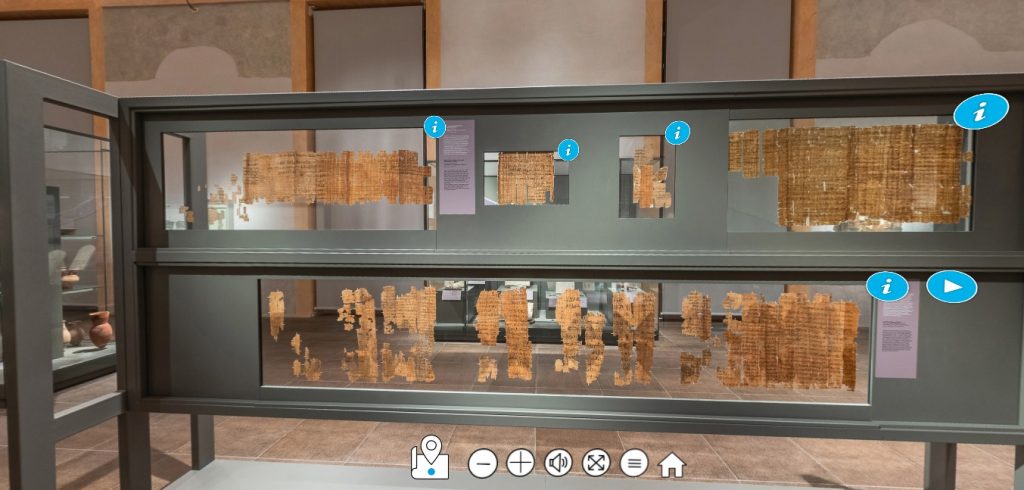
Among the finds available it is worth mentioning the chapel of Maia, in which it is possible to “enter” for the first time, to closely observe the colorful paintings. By positioning the cursor in the rooms, it is also possible to access 18 videos, to discover more details and stories about the two sections, guided by the words and voices of the curators of the museum. The virtual tour also allows visitors to view some historical photographs and access further content through the Museum databases.
The video contents are available in Italian, English, French and German, as well as the navigation, also available in Arabic.
Click HERE to discover the virtual tour!
Website: https://museoegizio.it/


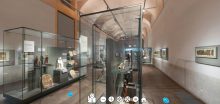
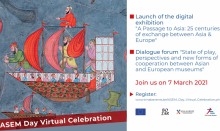
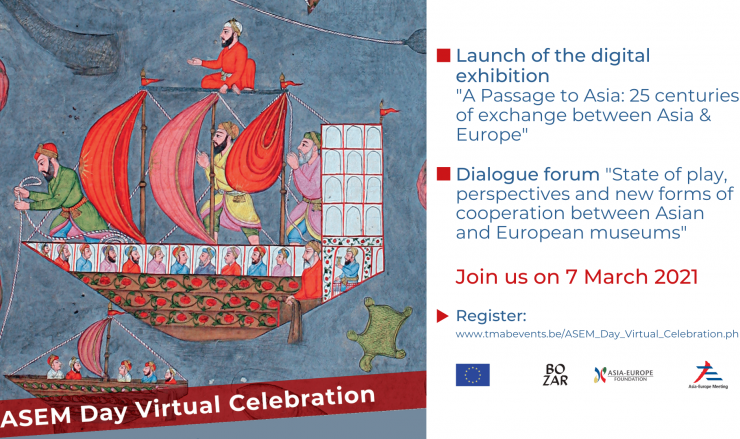 The Asia-Europe Meeting (ASEM) is an intergovernmental process established in 1996 to foster dialogue and cooperation between Asia and Europe. The initial ASEM Partnership consisted of 15 EU Member States, 7 ASEAN Member States, China, Japan, Korea and the European Commission. Today, ASEM comprises 53 Partners: 30 European and 21 Asian countries, the European Union and the ASEAN Secretariat. ASEM addresses political, economic, financial, social, cultural, and educational issues of common interest in a spirit of mutual respect and equal partnership. Through its informal process ASEM facilitates and stimulates progress but does not seek to duplicate bilateral and other multilateral relationships between Asia and Europe.
The Asia-Europe Meeting (ASEM) is an intergovernmental process established in 1996 to foster dialogue and cooperation between Asia and Europe. The initial ASEM Partnership consisted of 15 EU Member States, 7 ASEAN Member States, China, Japan, Korea and the European Commission. Today, ASEM comprises 53 Partners: 30 European and 21 Asian countries, the European Union and the ASEAN Secretariat. ASEM addresses political, economic, financial, social, cultural, and educational issues of common interest in a spirit of mutual respect and equal partnership. Through its informal process ASEM facilitates and stimulates progress but does not seek to duplicate bilateral and other multilateral relationships between Asia and Europe.
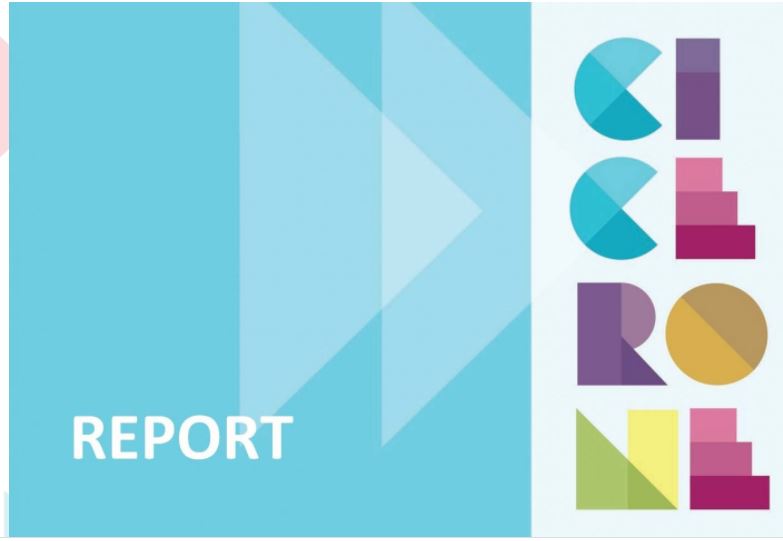 CICERONE (Creative Industries Cultural Economy Production Network, Grant No.: 822778) is a H2020 funded interdisciplinary research project focusing on Europe’s cultural and creative industries (CCI). The research team consists of sociologists, human, cultural and economic geographers, cultural study specialists, economist and historians, all of which bringing in extensive expertise on the cultural and creative industries.
CICERONE (Creative Industries Cultural Economy Production Network, Grant No.: 822778) is a H2020 funded interdisciplinary research project focusing on Europe’s cultural and creative industries (CCI). The research team consists of sociologists, human, cultural and economic geographers, cultural study specialists, economist and historians, all of which bringing in extensive expertise on the cultural and creative industries.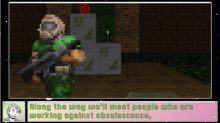
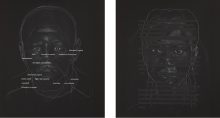
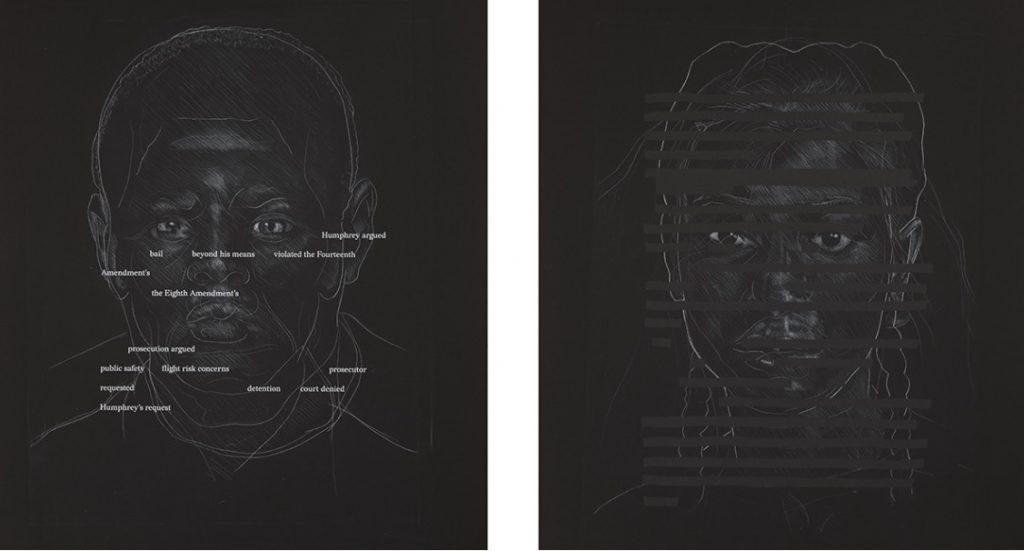

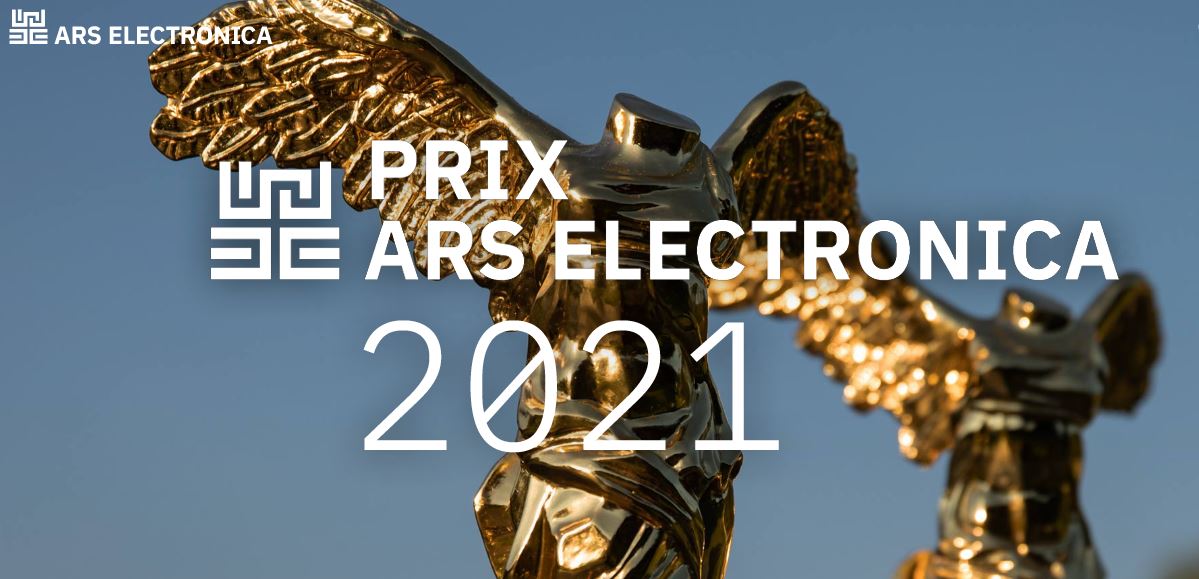 The Prix Ars Electronica is the world’s most time-honored media arts competition. Winners are eligible for the coveted Golden Nica awards and monetary prizes of up to 10,000 Euros in each category. They will also be featured at the Ars Electronica Festival from September 8 to 12, 2021! Participation in the Prix Ars Electronica is free of charge and takes place exclusively online. A submission is only valid for participation in the competition if it has been submitted online and also finally completed online. As soon as all documents have been submitted in full, a confirmation of participation will be sent by e-mail.
The Prix Ars Electronica is the world’s most time-honored media arts competition. Winners are eligible for the coveted Golden Nica awards and monetary prizes of up to 10,000 Euros in each category. They will also be featured at the Ars Electronica Festival from September 8 to 12, 2021! Participation in the Prix Ars Electronica is free of charge and takes place exclusively online. A submission is only valid for participation in the competition if it has been submitted online and also finally completed online. As soon as all documents have been submitted in full, a confirmation of participation will be sent by e-mail.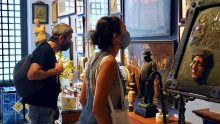

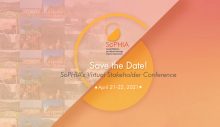
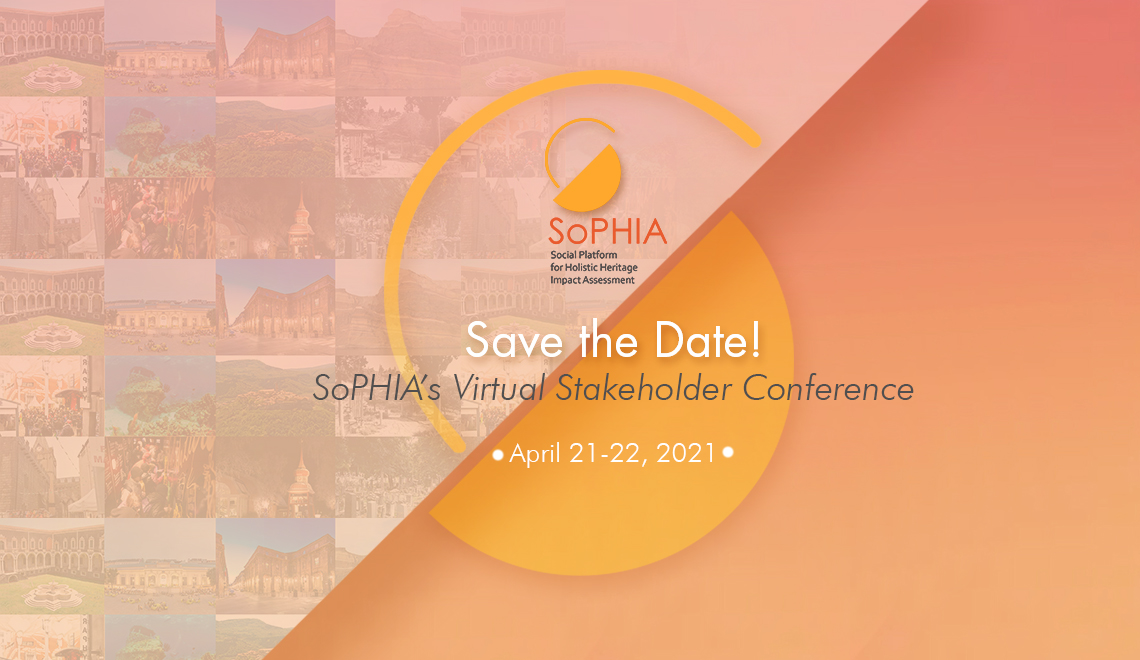 The SoPHIA Platform for Holistic Heritage Impact Assessment is happy to announce a two-day conference which will bring together a diverse group of stakeholders to review interventions in Europe’s urban heritage, through keynotes, thematic sessions, workshops, and artistic interventions. The meeting will offer the occasion to establish a collective reflection on the diverse impact of cultural heritage and to gather feedbacks and inputs on the Holistic Heritage Impact Assessment Model developed under the Horizon 2020 funded SoPHIA project.
The SoPHIA Platform for Holistic Heritage Impact Assessment is happy to announce a two-day conference which will bring together a diverse group of stakeholders to review interventions in Europe’s urban heritage, through keynotes, thematic sessions, workshops, and artistic interventions. The meeting will offer the occasion to establish a collective reflection on the diverse impact of cultural heritage and to gather feedbacks and inputs on the Holistic Heritage Impact Assessment Model developed under the Horizon 2020 funded SoPHIA project.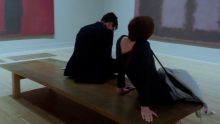
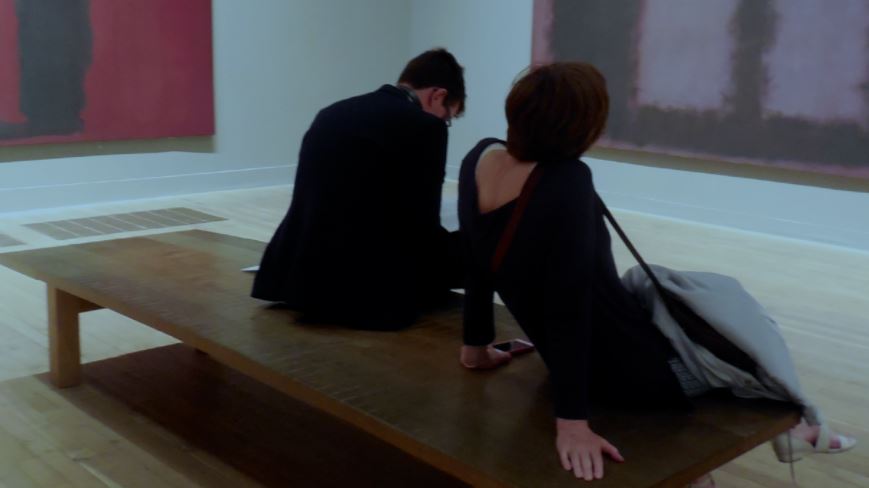 This new report explores how emotions influence the design and understanding of museums and offers suggestions of how museums should make use of the “emotional effect” to create greater impact and memorable experiences. Emotion are considered a pre-condition for learning: in this perspective, the report highlights the importance for Museums to facilitate emotional experiences and to foster empathy to better connect with visitors.
This new report explores how emotions influence the design and understanding of museums and offers suggestions of how museums should make use of the “emotional effect” to create greater impact and memorable experiences. Emotion are considered a pre-condition for learning: in this perspective, the report highlights the importance for Museums to facilitate emotional experiences and to foster empathy to better connect with visitors.